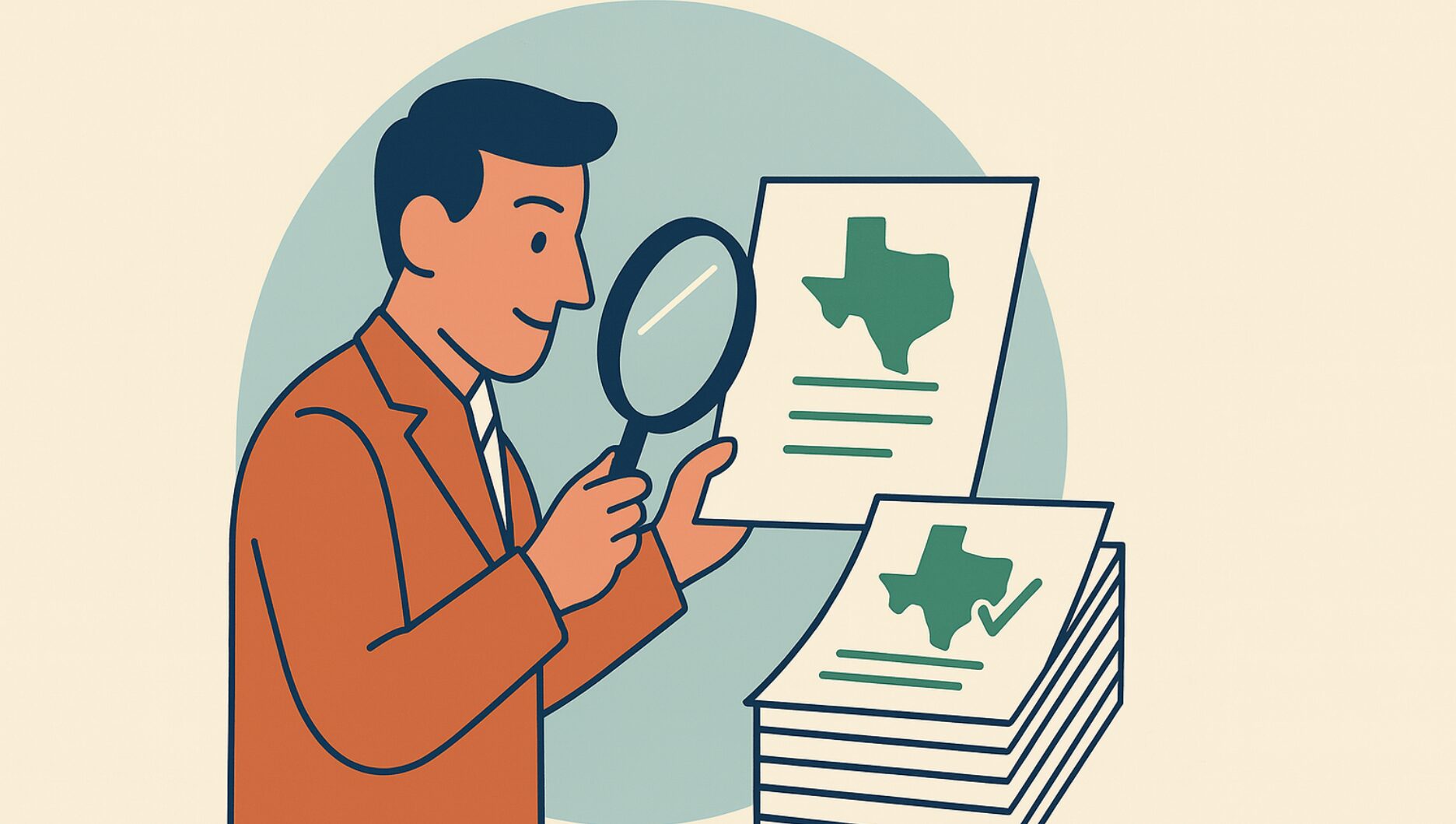Governor Greg Abbott has, on several recent occasions, opined that Texas possesses the “best business climate” and is “America’s premier economic destination.” While on the surface this seems true, the emphasis by the state and local governments over the last 20 years has increasingly been focused on regulatory and tax policies to make Texas the premier destination and climate for big business and big government. Along the way, Texas taxpayers, workers, and small businesses have been left fighting for scraps.
In fact, the 88th Texas Legislative Session was a historic one, most notably for its growth of government, corporate welfare, and failure to provide meaningful reforms for the “little guy”—all contributing to a form of cronyism, in which the government picks winners and losers.
For all Texans to thrive, this cronyism must be stamped out. Texas taxpayers need a level playing field, not one in which the odds are stacked against them. At Texans for Fiscal Responsibility (TFR), we have the Texas Prosperity Plan for this very reason.
End Taxpayer-funded Lobbying
“Taxpayer-funded lobbying helps to ensure that the professional political class gain the advantage.”
A perfect example of this cronyism can be found in the form of taxpayer-funded lobbying, an unethical practice in which cities, counties, and school districts hire lobbyists (using tax dollars) to go and lobby for laws and policies that are often contrary to taxpayer interests.
Our Republican system of government is designed for citizens and local officials to provide input on legislation and policies; anyone can write or call their representative or senator, or travel to Austin to testify for or against certain legislation. Taxpayer-funded lobbying helps ensure that the professional political class gains the advantage, often to the detriment of ordinary citizens.
The solution is a simple ban of this practice. During the 88th Legislative Session, State Sen. Mayes Middleton (R-Galveston) filed SB 175, which would prohibit political subdivisions from engaging in taxpayer-funded lobbying. The bill was passed by the Senate but ultimately died in the House State Affairs Committee after never receiving a hearing, despite being referred to the committee more than six weeks before the end of session. Once again, the political will to stop local taxing entities from hiring lobbyists to help take more money from taxpayer wallets was lacking, despite overwhelming bipartisan support from individual Texans.
Abolish Property Taxes
Regarding taking money from taxpayer wallets, a great deal of it is collected in the form of property taxes. Despite the promise of personal property rights, Texas taxpayers are in a perpetual state of renting their personal property from the government. The property tax burden in Texas has increased by 227% since 2000, with Texans paying more than $73 billion in property taxes in 2021 alone. Many Texas homeowners and small business owners are shelling out thousands of dollars every year just to pay for the privilege to live under their own roof.
While Texas families are struggling, big businesses and international corporations are receiving tax breaks and handouts. This year the Texas Legislature passed HB 5, the Chapter 313 replacement that provides huge property tax breaks for businesses.
As the Legislature was passing this and several other pieces of legislation related to corporate welfare, proposals to provide real property tax relief and elimination fell to the wayside, furthering the climate that favors big business. When the tax burden shifts from these corporations to millions of ordinary Texans, it becomes increasingly difficult for them to afford their own home or small business, let alone prosper.
The solution is simple: abolish property taxes.
The place to start is to have the state “buy down” the school Maintenance and Operation (M&O) portion of the property tax, which makes up over half of each individual property tax bill. Moving to property tax elimination will help ensure that Texans can actually afford to put down roots and live in their own home, instead of remaining struggling tenants.
Cut Government Spending
Despite the Texas population only growing by about 45% from 2003 to 2023, the spending of state funds grew by a massive 205%, from a measly $76 billion to a whopping $233 billion. A massive 44% of that increase was appropriated for the 2024-2025 biennium, an historically high increase.
This growth is simply not sustainable.
“If taxpayers want to truly prosper, the size of the state and local governments must be diminished.“
The entire Texas Legislature and every statewide elected office is currently held by Republicans, nearly all of whom campaigned on the issues of small and responsible government, less spending, and lower taxes. And yet, the Texas budget has ballooned under their leadership, paying little more than lip-service to reining it in. The more taxpayer money the government spends (money that could be used to buy down property taxes or simply returned to the taxpayers), the more powerful and overbearing it becomes, ever encroaching on the rights of citizens and their families.
If taxpayers want to truly prosper, the size of the state and local governments must be diminished, and this will come primarily through capping the budget and then cutting spending.
Texas Prosperity Plan (for all)
These three legislative measures are what constitute the Texas Prosperity Plan: three simple, yet elusive, legislative steps that must be taken if all Texans are to achieve real economic prosperity. Texas is the greatest state in the Union, with the second-largest economy, but two decades of surging spending and snowballing property taxes have created an environment where ordinary taxpayers are left behind.
It’s time to finally reverse this trend. The question remains: Will legislators in Austin find the political courage to take these steps?
They have shied away thus far.
Texans for Fiscal Responsibility relies on the support of private donors across the Lone Star State in order to promote fiscal responsibility and pro-taxpayer government in Texas. Please consider supporting our efforts! Thank you!
Get The Fiscal Note, our free weekly roll-up on all the current events that could impact your wallet. Subscribe today!




